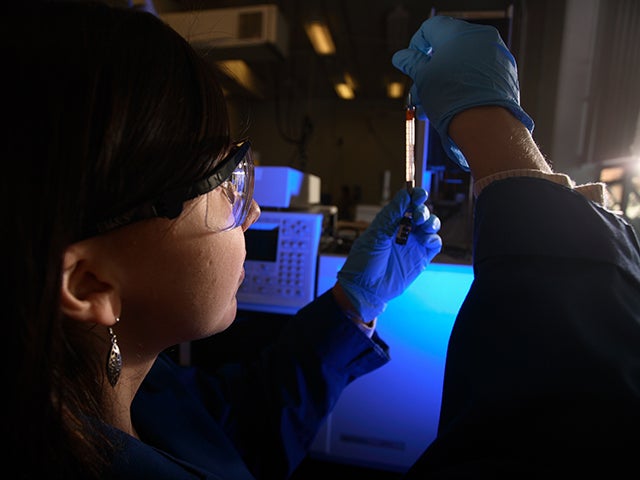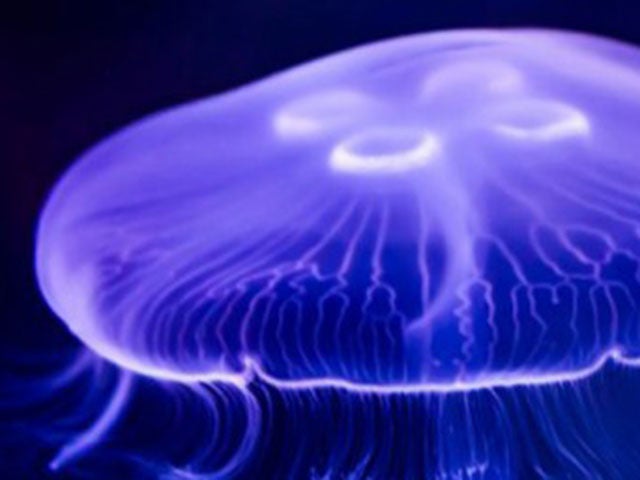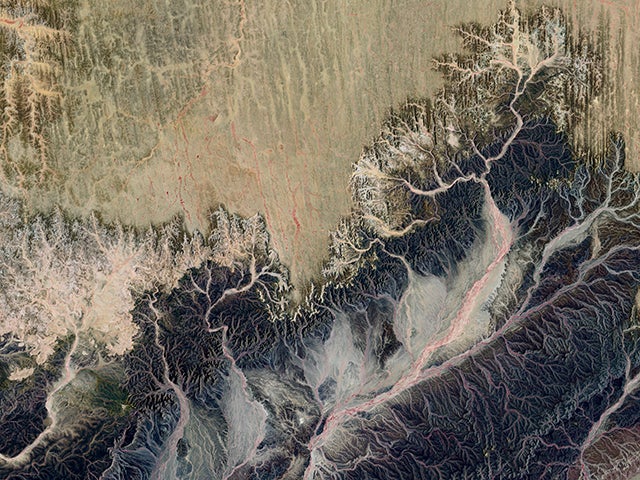Remote Sensing of the Environment
Instruction Mode: In-Person Instruction
Open Seats
12 Unreserved Seats

Instruction Mode: In-Person Instruction
Open Seats
12 Unreserved Seats

Instruction Mode: In-Person Instruction
Open Seats
12 Unreserved Seats

Instruction Mode: In-Person Instruction
Open Seats
5 Unreserved Seats

Instruction Mode: In-Person Instruction
Open Seats
5 Unreserved Seats

Instruction Mode: In-Person Instruction
Open Seats
3 Unreserved Seats

Instruction Mode: In-Person Instruction
Open Seats

Instruction Mode: In-Person Instruction

Instruction Mode: In-Person Instruction

Instruction Mode: In-Person Instruction

Instruction Mode: In-Person Instruction
